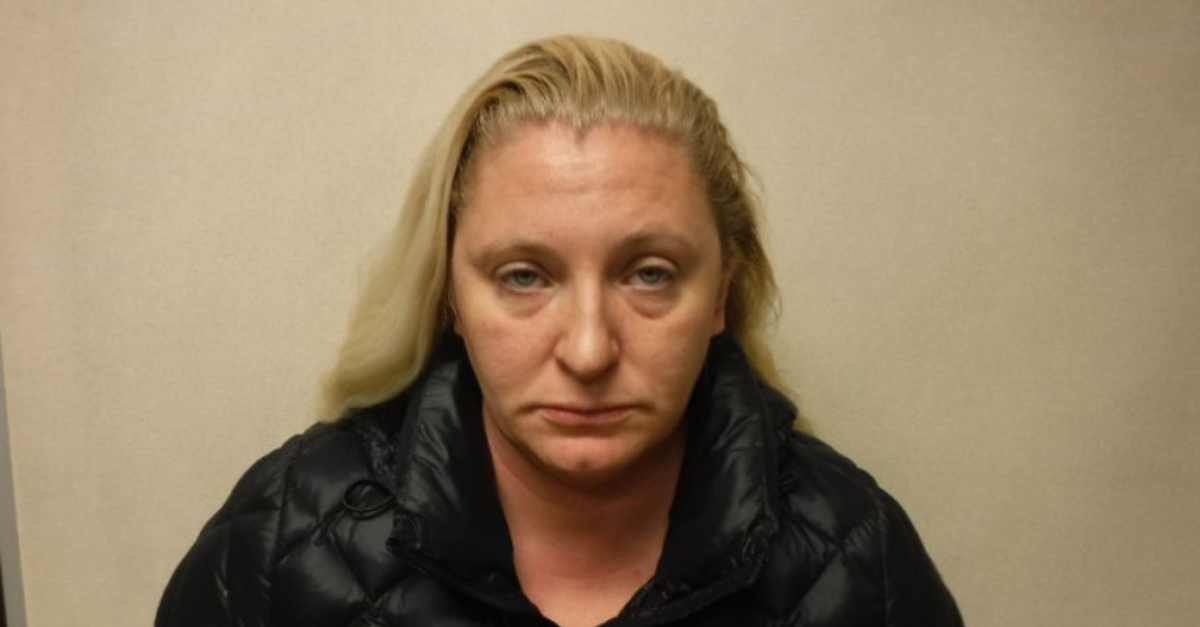
A Virginia woman convicted of murdering her mother and younger sister and sentenced to life in prison had her convictions overturned this week after her defense attorney alleged juror misconduct.
Megan Hargan, 39, moved to West Virginia after the July 2017 killings. She was arrested and charged with two counts of murder in the first degree and two counts of use of a firearm in November 2018.
Prosecutors alleged the defendant shot her mother, 63-year-old Pamela Hargan, and her sister, 23-year-old Helen Hargan, five times with a .22 caliber rifle – and then rearranged their bodies – staging the gruesome scene to look like a murder-suicide committed by her sister.
At the time of her arrest, and later argued during trial, law enforcement said the defendant attempted to fraudulently transfer some $40,000 out of her mother’s bank account to her failing business’s account. Pamela Hargan’s bank, however, froze the funds. Faced with the plan falling apart, prosecutors alleged, Megan Hargan killed her mother and sister to keep the money flowing and then engaged in a complex coverup that was, in the end, found out.
In March of this year, Megan Hargan was found guilty on all four charges by jurors in Fairfax County, Va.
But at least one of those jurors appears to have inappropriately taken the case into their own hands while away from the confines of the courthouse. According to the defense filing obtained by the Washington Post, the juror in question used her own rifle at home in order to test out some of the evidence submitted at trial.
Specifically, the defense stuck by the narrative that the bloody scene at the McLean, Va. home once shared by the three Hargan women was the result of a murder-suicide committed by the youngest.
An affidavit signed by a defense investigator says the juror “stated that she was unable to figure out a way that the sister [Helen Hargan] could have committed suicide” with a .22 caliber rifle – because of how long that particular gun is – and how much it weighs. In order to essay the defense’s theory, the juror allegedly told the investigator, she used her own rifle to gauge the plausibility of that claim and then shared the results of her experiment with the rest of the jury.
“Clearly, a juror may not properly receive any information about a case he is hearing except in open court and in the manner provided by law,” Senior Assistant Public Defender Bryan T. Kennedy wrote.
The filing was made in late October of this year by the defense, who want a new trial on the basis that the juror’s homegrown experiment resulted in the use of evidence that was not properly admitted – and which likely prejudiced the experimenter and the other jurors.
The state put in bid to keep their conviction intact.
“We do not require people to shut off their brains when they’ve left the courthouse,” prosecutors wrote in a brief obtained by the Post.
Circuit Court Judge Brett A. Kassabian sided with the defense request and vacated the case. The state intends to retry the defendant.
“We are disappointed that a juror’s inappropriate actions led to this double murder conviction being vacated,” Fairfax County Commonwealth Attorney Steve Descano said on Wednesday. “We are still committed to getting justice for the victims of this crime.”
[image via Fairfax County Police]